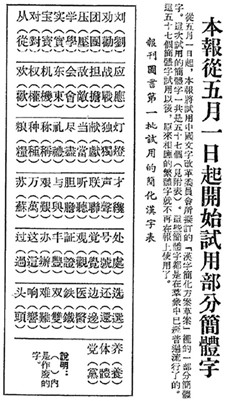What's the difference between Mandarin and Cantonese?
Many foreigners don't understand whether the official language of China is Mandarin or Cantonese. Let's compare the differences between Mandarin and Cantonese.
-
Number of tones.
mandarin consists of four main tones and the fifth "neutral" tone. These tones are composed of high (flat), rising, low (falling), falling and neutral tones.
In Pinyin, each tone is represented by an accent on a vowel. For example, we will modify the tone of mandarin vowel "a" as follows:
The first sound: ā.
Second voice: á
Third voice: ǎ
The fourth sound: à
The fifth tone ("neutral" tone): a
The tone of Mandarin seems difficult to understand, but it is even more difficult to understand in Cantonese. That's because Cantonese has six tones. Yes, six! According to the romanization system, there are nine tones in Cantonese. However, it is more common to say that there are nine, because tones 6, 7 and 8 are only shorter versions of tones 9, 1 and 3, and three short ending consonants–p,–t and–k are added. Therefore, Cantonese is often called "9 kinds of sounds and 6 kinds of tones" (nine tones and six tones, Ji ǔ sh ē ng Li Ǫ di à o).
-
written and spoken language.
One of the conveniences of mandarin is that there is no difference between written language and spoken language-it is basically written. However, there is a great difference between spoken Cantonese and formal written Cantonese, which will cause headaches for learners! To fully understand this point, we need to quickly browse the history of Chinese written language (written language shūmiànyǔ).
Until the 20th century, classical Chinese was used as a formal written language throughout China. It was gradually replaced by Standard Chinese (written form of mandarin based on Beijing dialect).
In Hong Kong and other Cantonese-speaking areas, children learn to read and write standard Chinese, but each character is pronounced in Cantonese. However, Cantonese in spoken language usually has a completely different vocabulary set, which causes the difference between its written and oral forms. More and more written and spoken Cantonese-called written Cantonese, based on the spoken version of the language-is on the rise.
At present, Cantonese is still the main language in Hong Kong.
-
Number of people
Another difference between Mandarin and Cantonese is the number of native speakers. About 92 billion people use Mandarin as their first language, and another 20 billion people use it as their second language. On the other hand, about 840,000 Cantonese native speakers and about 400,000 people speak Cantonese as a second language. Although most Cantonese speakers live in Hong Kong and its surrounding areas, it is worth noting that Chinese mainland also has a large number of Cantonese speakers, especially in Guangdong Province. Therefore, Cantonese is sometimes called Guangdonghua in Chinese mainland.

Mandarin and Cantonese speakers can communicate in writing. This is because Mandarin and Cantonese share one written system, although their oral pronunciation is very different. This means that if you are completely proficient in Mandarin, you will have no problem reading newspapers written by people who can only speak Cantonese fluently.

Source from: https://studycli.org/zh-CN/learn-chinese/mandarin-vs-cantonese/









_%E5%89%AF%E6%9C%AC1.png)

